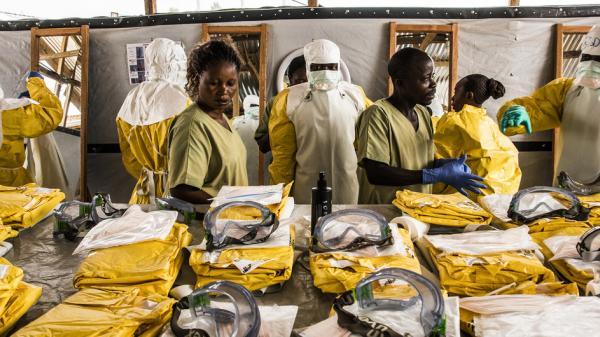The United Nations Institute for Disarmament Research (UNIDIR) and the Permanent Mission of Norway in Geneva hosted an interactive meeting on the margins of the 2019 BWC Meeting of Experts 4 on the relevance of gender for strengthening implementation of the Biological Weapons Convention.
Based on historical examples of biological warfare and insights from natural outbreaks of diseases, such as the recent Ebola outbreak, panellists will discuss possible differences in the effects of biological weapons on women and men and their significance for assistance, response and preparedness. The main questions for discussion include:
• Why and how is gender relevant in thinking about the deliberate spreading of disease?
• Why does gender matter in the provision of assistance under Article VII of the BWC?
• What can we learn from the Ebola crisis regarding the potential impacts of disease outbreaks –natural or deliberate –for men and women? What can it tell us about future outbreaks?
• What can be done to improve the collection of gender-disaggregated data and support research on the gendered impacts of biological weapons?
